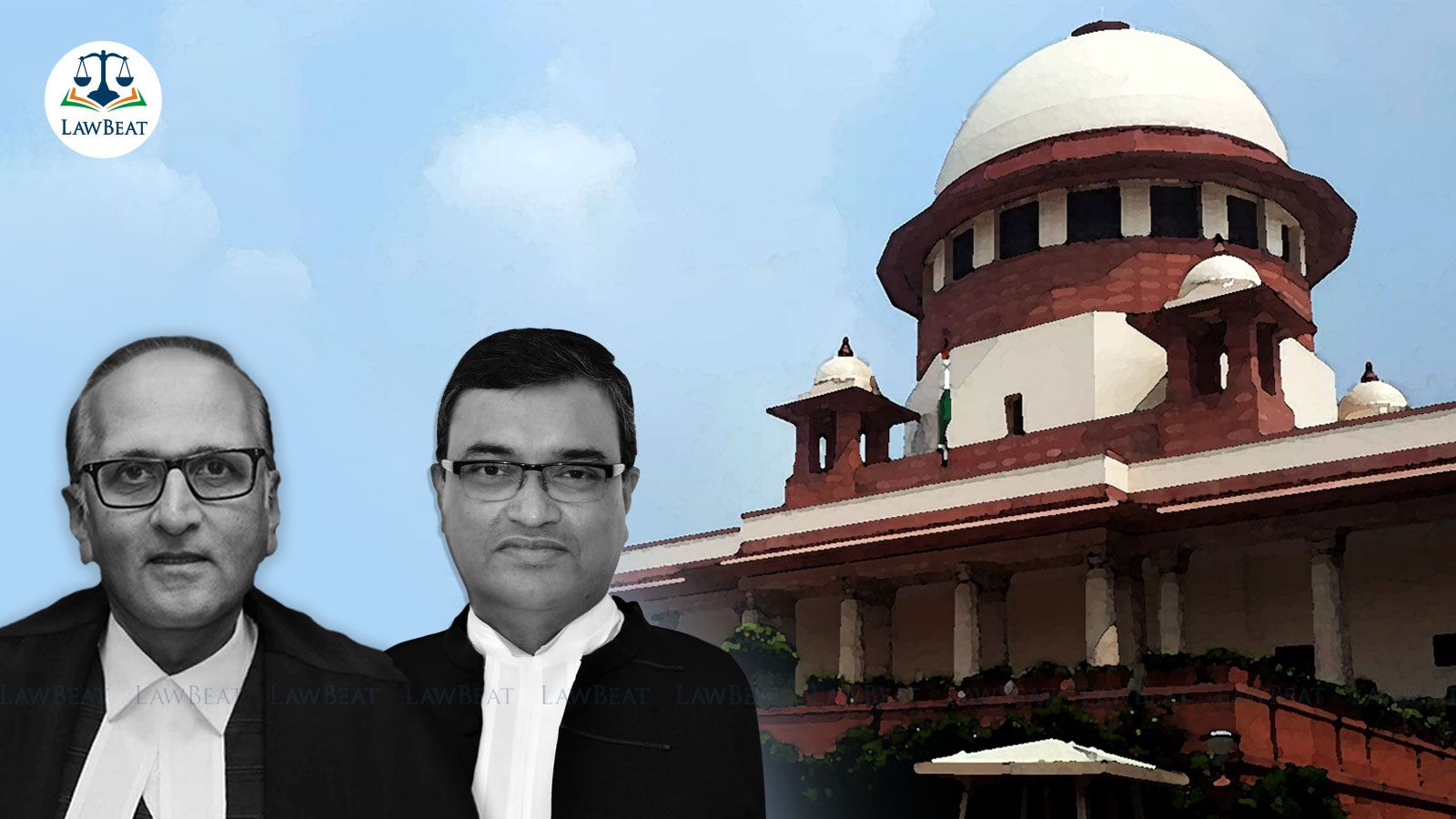Judicial decision of a superior court has to be accepted with grace by inferior court, even if not palatable to it: Supreme Court

"To support a claim for loss of profit arising from a delayed contract or missed opportunities from other available contracts that the appellant could have earned elsewhere by taking up any, it becomes imperative for the claimant to substantiate the presence of a viable opportunity through compelling evidence", court has added.
Supreme Court has recently observed that a judicial decision of a superior court, which is binding on an inferior court, has to be accepted with grace by the inferior court notwithstanding that the decision of the superior court may not be palatable to the inferior court.
"This principle, ex proprio vigore, would be applicable to an arbitrator and a multi-member arbitral tribunal as well, particularly when it is faced with a judicial decision (either under section 34 or section 37 of the Act) ordering a limited remand", added a bench of Justices S Ravindra Bhat and Dipankar Datta.
Court has added that "in the wake of authority of judicial determination made by the Courts of law, any award of an arbitrator or a tribunal that seeks to overreach a binding judicial decision, in our opinion, does conflict with the fundamental public policy and cannot, therefore, sustain".
These observations were made by the top court while holding an arbitral award to be patently illegal and in conflict with the “public policy of India”.
Court was further of the view that a claim for damages cannot as a matter of course result in an arbitral award without proof of the claimant having suffered injury.
In the present case, M/S Unibros was awarded a work contract by the respondent, All India Radio, to carry out construction of Delhi Doordarshan Bhawan, Mandi House, Phase-II, New Delhi.
The work was scheduled to commence on 12th April, 1990 and reach completion on 11th April, 1991; however, it suffered a delay of roughly 42½ months and was finally completed on 30th October, 1994. Disputes and differences emerged between the parties owing to such delay, which were subsequently referred to an Arbitrator. Applying Hudson’s formula, the Arbitrator arrived at the final compensation for loss of profit.
This order of the Arbitrator was challenged before the High Court's which directed the arbitrator to pass afresh order.
Top Court noted that after re-consideration was ordered, the Arbitrator was warned not to be influenced by the factors that weighed in his mind while making the First Award.
"The Arbitrator was also required to proceed only on the basis of the evidence on record. Yet, regrettably, what we find is that the Arbitrator went on to ignore the judicial decision of the High Court with impunity", the bench noted.
With this view, Supreme Court went on to dismiss the appeal.
Case Title: M/S UNIBROS vs. ALL INDIA RADIO
